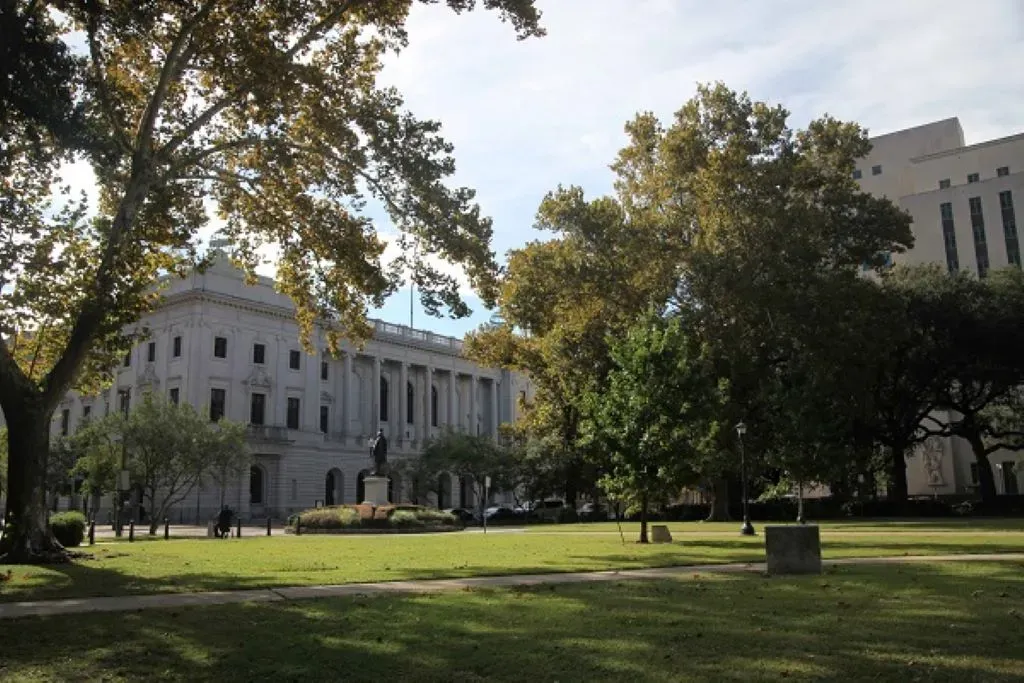Chamber of Commerce Asks Fifth Circuit to Vacate Digital Discrimination Rules
The group has argued the rules go beyond the FCC's authority under the Infrastructure, Investment and Jobs Act.
Jake Neenan

WASHINGTON, January 24, 2024 – The U.S. Chamber of Commerce is asking a federal appeals court to vacate the Federal Communications Commission’s recent digital discrimination order.
As mandated by the Infrastructure, Investment and Jobs Act, the commission adopted in November 2023 rules to prevent gaps in broadband access based on race, income level, and other demographic characteristics – known as digital discrimination.
The rules take up a “disparate impact” standard for identifying that discrimination, meaning broadband providers could be in violation even if they are not intentionally withholding adequate internet from a protected group. They are set to take effect in March.
The Chamber of Commerce, along with two Texas business associations, filed a short protective petition for review with the Fifth Circuit Court of Appeals on January 19. The petition asks judges to vacate the digital discrimination rules on the grounds they are “arbitrary, capricious,” and “in excess of the Commission’s statutory authority” under the infrastructure law.
The Supreme Court has been less deferential to federal agencies’ interpretations of the law in recent years. In 2022, the court held that only Congress could decide on questions of “vast economic or political significance,” a position known as the major questions doctrine. The court also heard oral arguments last week in two cases that could impact the longstanding practice of deferring to agencies’ interpretations of laws.
While its filing last week was brief, the Chamber of Commerce and other industry groups have expanded on their position in comments throughout the FCC’s rulemaking process. In June 2022 the group pushed for a “disparate intent” standard for discrimination, which would only prevent willfully discriminatory conduct, arguing a disparate impact standard would be broader than Congress intended.
In a November 2023 letter the group called the rules “rate regulation by another name,” arguing that a provision requiring comparable prices for similar levels of service overstepped the agency’s legal authority. The Infrastructure Act calls for equitable “terms and conditions” for different groups of consumers but does not specifically mention prices.
For its part, the FCC has argued its rules are appropriately broad. FCC Chairwoman Jessica Rosenworcel said when announcing the proposed rules that “If we were to adopt rules that only covered discriminatory intent, we would fall short of fully meeting our legal obligation to facilitate equal access to broadband.”
The commission has also stressed that it will take into account genuine barriers of “technical and economic feasibility” when evaluating claims of digital discrimination – another requirement of the Infrastructure Act. But the Chamber and broadband providers have not been convinced, arguing that companies will be opened up to sanctions from the agency for routine business practices.
The digital discrimination rules do not apply retroactively, and the commission is planning to accept informal complaints of infractions and evaluate them on a case by case basis. Rules also do not apply to federally funded build outs, as Democratic commissioners say BEAD and USF rules already prevent discriminatory deployment.
The Chamber of Commerce and FCC did not immediately respond to requests for comment.









Member discussion